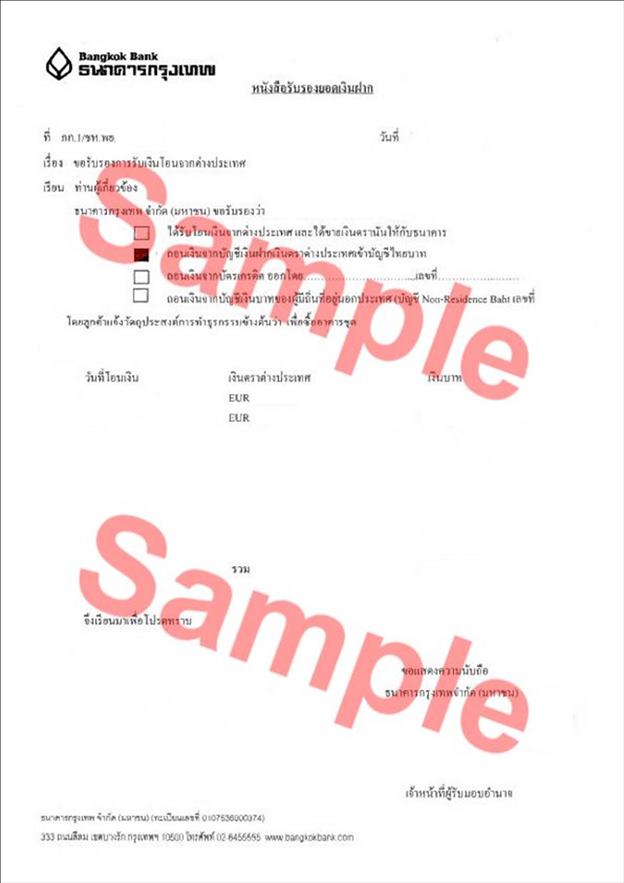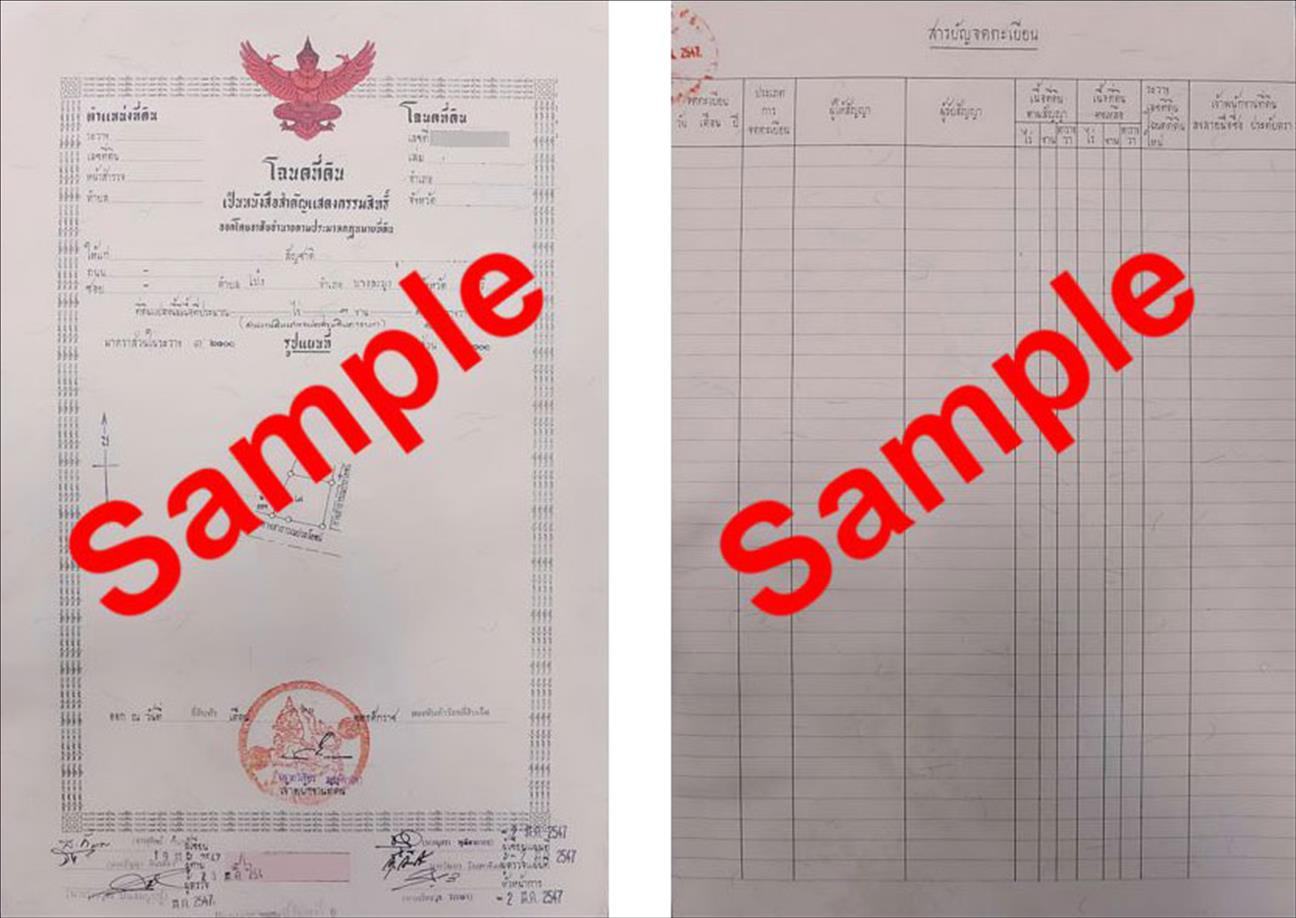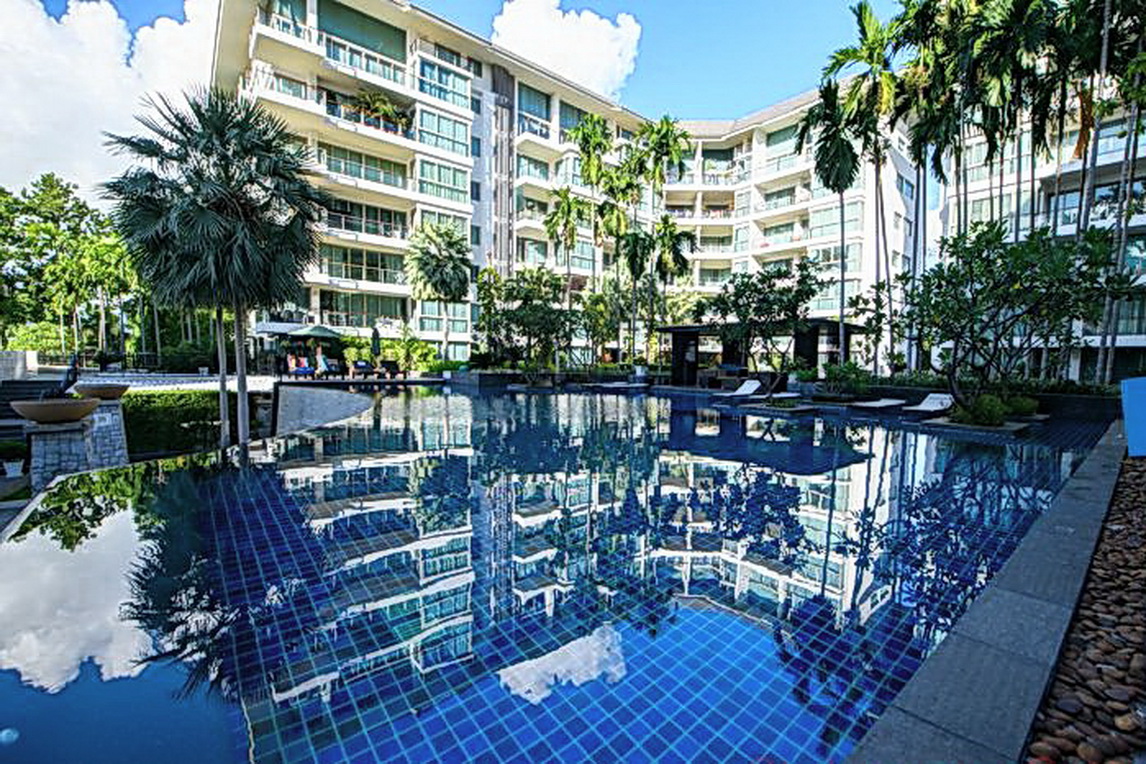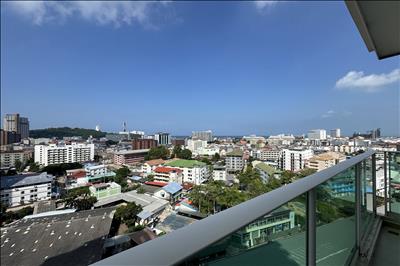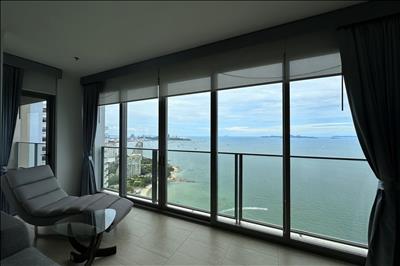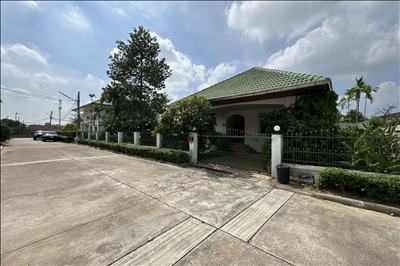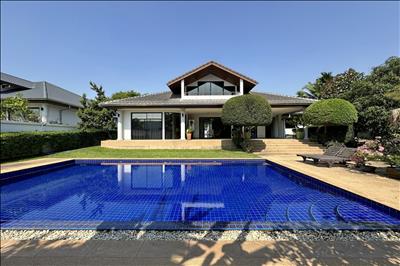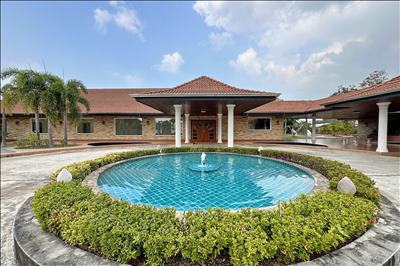Ownership of land in Thailand is governed by the Land Code BE 2497 (1954), the Civil and Commercial Code, the Land Reform for Agriculture Act BE 2518 (1975), and regulations issued by the Ministry of the Interior.
Foreigners may legally own a house or structure in their own name, but Thai law prohibits direct ownership of the land on which the building is constructed. There are, however, several legal structures that allow foreigners to acquire rights in land or property:
- Become a Thai resident or citizen
- Be the principal investor in a new export-orientated Board of Investment (BOI) approved company [the current maximum size limit of freehold ownership rights is one Rai of land (1,600 sqm)]
- Make an approved investment of over 40 Million Baht for a minimum period [the current maximum size limit of freehold ownership rights is one Rai of land (1,600 sqm)]
Thai Limited Company Ownership
A Thai company may own land and buildings if at least 51% of its shares are held by Thai nationals. A foreigner may hold up to 49% of the shares and can be appointed as the managing director with signing authority. The company must be properly registered, structured, and maintained in line with Thai law, with an annual balance sheet and tax filings submitted.
The director’s shares in the company are inheritable, meaning they can be passed to heirs, unlike personal rights such as leases or usufructs. The use of nominee shareholders is not allowed under Thai law; however, application and scrutiny vary between different provinces and local Land Offices, therefore professional legal and accounting representation is essential.
Leasehold (30 Years)
Foreigners may lease land for up to 30 years in their own name. Any lease longer than three years must be registered at the Land Office to be enforceable. Renewal clauses can be written into the agreement, but only the first 30 years is guaranteed under Thai law. A registered lease remains valid even if the land is sold to a new owner, who must honor the lease until expiry. However, leases are personal rights and generally end upon the tenant’s death unless otherwise agreed, which limits inheritance. Foreigners may also own the house or structure built on the leased land.
Usufruct
A usufruct grants the right to use and enjoy another person’s land, either for a fixed term or for the lifetime of the foreigner. It allows residence or rental income but ends upon the foreigner’s death. A usufruct must be registered at the Land Office to be enforceable, and it cannot be inherited.
Superficies
A right of superficies allows a foreigner to own a building on land belonging to someone else. This separates ownership of the structure from ownership of the land. A superficies can be granted for up to 30 years, for the lifetime of the landowner, or for the lifetime of the foreigner, and must be registered at the Land Office.
If granted for a fixed term (e.g. 30 years), it is inheritable within that period. If granted for the lifetime of the foreigner, it ends at death and cannot be inherited. If the land lease expires while a superficies is still valid, the foreigner still owns the house, which usually forces negotiation rather than loss of the property.
Sap-Ing-Sith
Sap-Ing-Sith is a newer form of land right introduced under the Sap-Ing-Sith Act B.E. 2562 (2019). It allows a foreigner to hold a registered real right over land and buildings for up to 30 years, with their name entered directly on the title deed (chanote). The right is transferable, inheritable, and can also be mortgaged within the 30 years. At the end of the term, the right expires automatically, and a new Sap-Ing-Sith can only be registered if the landowner agrees. While it provides stronger recognition than a lease, it does not grant actual ownership of the house or land.
Marriage Scenario
If a Thai and a foreigner are married, special rules apply. The land can only be registered in the Thai spouse’s name, with the foreigner required to sign a declaration at the Land Office confirming that the land is the Thai spouse’s separate property. In such cases, a lease, superficies, or Sap-Ing-Sith from the Thai spouse to the foreign spouse is generally not accepted, because the property is already considered joint marital property. However, a usufruct may be granted by the Thai spouse to the foreign spouse, and this is the most common form of protection used in mixed marriages.



